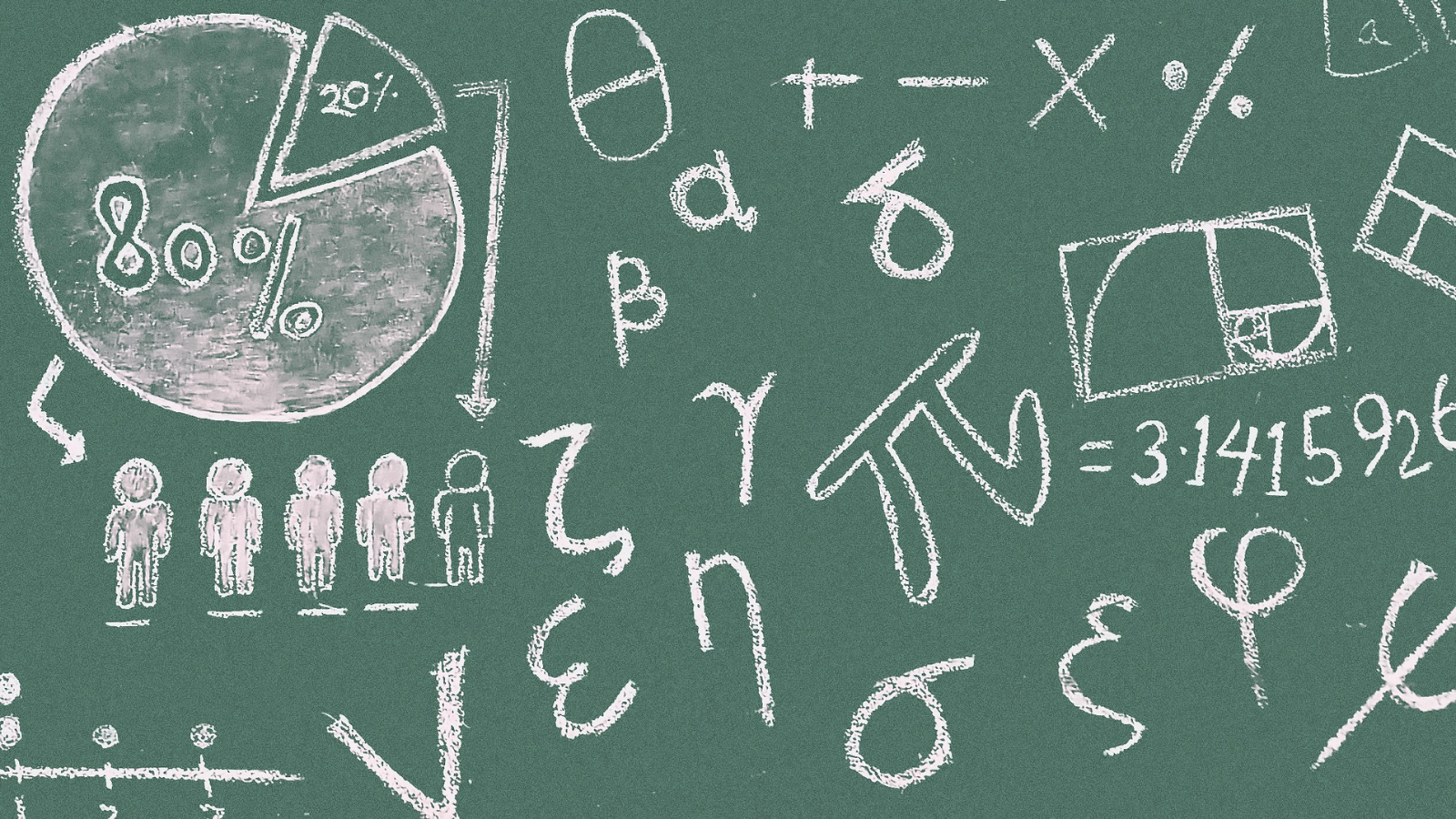Introduction
In recent years, the field of human resources has witnessed remarkable advancements in technology, with deep learning emerging as a game-changer. Deep learning, a subset of machine learning, utilizes artificial neural networks to mimic the working of the human brain. This article delves into the role of deep learning in human resources and its potential to transform talent management and employee engagement.
Understanding Deep Learning
Deep learning is an advanced artificial intelligence technique that enables computers to automatically learn and improve from experience, without explicit programming. It involves training artificial neural networks on vast amounts of data to recognize patterns, make predictions, and generate insights.
Enhancing Talent Acquisition
Deep learning algorithms can analyze large datasets of resumes, job descriptions, and candidate profiles to identify patterns and predict the suitability of candidates for specific roles. This automation streamlines the talent acquisition process, saving time and effort for HR professionals. By leveraging deep learning, recruiters can quickly identify the best-fit candidates and reduce bias in the selection process.
Augmenting Employee Engagement
Deep learning algorithms can analyze employee feedback, sentiment analysis, and other data sources to assess individual and team engagement levels. This enables HR teams to understand engagement drivers, predict attrition risks, and implement proactive interventions. By leveraging deep learning insights, organizations can foster a culture of engagement and improve employee satisfaction.
Empowering Learning and Development
Deep learning algorithms can process vast quantities of training content such as videos, documents, and online courses to recommend personalized learning paths for employees. By leveraging deep learning, organizations can enhance learning and development initiatives, ensuring that employees receive tailored training based on their individual needs and preferences. This personalized approach leads to improved knowledge retention and skills development.
Predicting Workforce Trends
Utilizing deep learning algorithms, organizations can analyze various workforce data points such as demographics, performance, and retention rates to identify trends and make data-driven decisions. HR professionals can access predictive insights on employee engagement, attrition risks, and workforce demand to plan for potential challenges and opportunities. This proactive approach helps organizations optimize their workforce strategies and reduce costs associated with talent management.
Mitigating Bias and Discrimination
A significant advantage of deep learning in human resources is its potential to reduce bias and discrimination in decision-making processes. By training algorithms on diverse datasets, organizations can mitigate unconscious biases and ensure fair and unbiased decision-making. This promotes diversity, inclusion, and equal opportunities within the workplace.
Conclusion
Deep learning is revolutionizing the field of human resources, offering innovative solutions for talent acquisition, employee engagement, learning and development, and strategic workforce planning. By harnessing the power of deep learning algorithms, organizations can optimize their HR practices, improve decision-making processes, and cultivate a thriving and inclusive work environment.










Leave a Reply